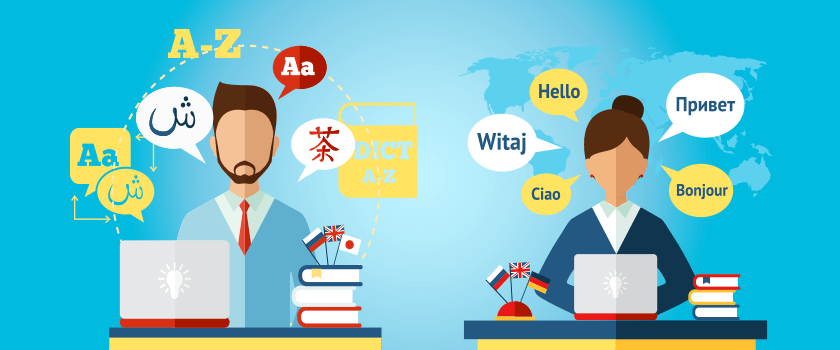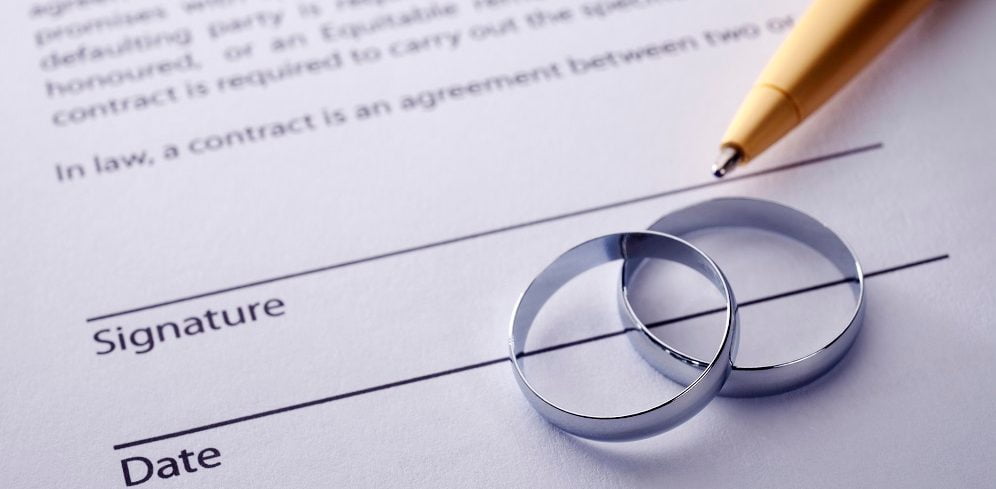Notary attestation in the UAE is important to provide official status to translated documents since such documents are often shared across borders and a different language. When you are presenting a power of attorney, a birth certificate, a degree or a corporate contract in Arabic as translated to you, there is a possibility that you might be requested to have the translated copy notarized and in this case especially when you have to do with courts, in the embassies, land departments or legal deals.
However, not everybody (even among the companies) understands the peculiarities of notary attestation that is well-known, what it is, when it needs to be done, and by whom. This manual will provide all of the relevant information you can possibly need about notary attestation of the translated document, i.e. what it is, why it is important, and how to go through the process of doing it accurately and in a time-efficient fashion in the UAE.
What Is notary attestation?
Notary notarisation is when a document is legally certified by a registered notary public that it is genuine. In such a pertinent situation as the translation of documents, it is a legal recognition that the translation has been done in an accurate and faithful way and usually in a source language to Arabic (or vice versa), and is same in content as the original.
The legal documents that have not been translated by a qualified legal translator certified by the Ministry of Justice (MOJ) are not accepted to be attested by the notary in the UAE. After the process of translation is made, it is possible to offer the document to a notary public at a court or notary office of the UAE; the document shall be stamped and signed, with references to its legal validity.
This part is especially necessary in cases when the translated text is to be used in legal context like in property sales, immigration, business affairs and even personal defense. Notary attestation is basically a government supported assurance that the translated document can be relied upon and utilized in official proceedings.
Instances that Call the Need of Doing Notary Attestation on Translation of Documents
All translated documents are not necessary to be notarized. Notary attestation on the other hand becomes compulsory in some cases of legal and administrative uses of the document where legal validity and genuine nature of the document cannot be challenged. Typical situations include.
- Power of Attorney (POA): In cases where POA needs translation to be used in the purchase of real estate, acquire rights in an impending court case, forming a company, etc., they need to be notarized so as to have legality.
- Legal Contracts: Such approaches like legal contracts may involve parties in different countries and thus it is always important to translate such contracts and ensure that they are notarized by relevant authorities before being accepted by courts or by the government.
- Affidavits and Declarations: Personal statements, sworn statements or other notarized papers that have been translated into a different language should be attested so they continue to have their legal status.
- Immigration and Family Law: Translated birth or marriage certificates in some visa applications or guardianship matters, as required, may require the notary attestations of receiving authority.
- Corporate Transactions: Generally during translation of shareholders agreement or memoranda or margin of incorporation, it is preferred to have them notarized, in order to be accepted by authorities in the free zone or the ministry.
Every government department or institution can have its policies and it is always advisable that one checks to see whether a document to be submitted has to be translated and notarized or not. Legal translation services of an expert with the experience of the UAE laws can also advise you on a case to case basis.
Steps of Notarizing a Translated Document in UAE
When working with a translation, you have your document translated and you tend to have it notarized; then the procedure generally consists of several simple steps:
Certified Legal Translation:
The first is that you will need your document to be translated by a translator who is licensed by MOJ. This makes the translation legally acceptable and well formatted.
Certification stamp of Translator:
After translation the documentation is supposed to be stamped by the official stamp of the translator who will also indicate that the translation is done by him or her with the license number issued by MOJ and other details of his translation office.
Notary Appointment:
The stamped version of the translation obtained, one will go to a notary public office of a court, i.e., the Dubai Courts Notary Public or the Abu Dhabi Judicial Department. The appointments can be made online or could be dealt by a registered typing center.
Document Review:
The notary will check the original copy of the document and the translated copy so that the translation will be certified, full and consistent. They can also demand identity of the applicant or power of attorney where the document is being presented on the behalf of another person.
Attestation and Stamp:
Upon approval, the notary will apply a legal stamp on the document and sign it, the attestation will be registered in the system. Depending on the court you can be provided with a physical and digital, or only one of them.
Additional Legalisation (where necessary):
In the case of documents that must be submitted in another country, or to particular government authorities, further Ministry of Foreign Affairs of the UAE (MOFAIC) or embassies attestation might be necessary.
It might sound like some procedure, but in most cases, this can be done quickly within 1 to 2 business days with suitable preparation and a certified translator on your side.
The Right Legal Translation Service to be Chosen to Notarize
Notarizing the translation depends on the effectiveness of translation and hence choosing a reputable and qualified legal translation service company is necessary. Check out companies that:
- The UAE Ministry of Justice licenses them
- Concentrate on qualifying confidential-notarized documents translation
- Are accustomed to work with court, embassies documents and legal powers
- Provide support on court appointments as well as organization and arrangement of typing centers, and attestation in follow up
An ideal translation service will not simply provide you with a document and leave the rest of the work to you instead, they will take you through the entire process of attestation, cutting the possibility of refusal, processes, or wasteful trips. This comes in handy particularly with hectic persons, company counsel or foreign nationals who are not conversant with the local processes.
Besides that, remote processing is finally available in the majority of legal translation offices in Dubai and the capital, where you can upload the documents, have them translated, and have the notarized copy sent to your door or your inbox. This has served to make the procedure accessible, including individuals not based on the UAE or handling overseas documents.
Final Thoughts
In the legal and administrative system with the organizational level as high as in the UAE, the primary cause of acceptance and efficacy of translated documents is that they are not only correct but are also subjected to official recognition. No matter whether you are taking care of personal documents, business checks or legal permits, notary attestation is the process that determines your translated document is entirely legally binding.
Learning how it works, when it is necessary to be undertaken and collaborating with the most competent translation specialists, it is possible to avoid delays, ensuring the minimization of risk and guaranteeing your documents reaching the top level of compliance. Where accuracy and power are major concerns, notary attestation does not merely add the formality to the document rather than it is a legal requirement.


